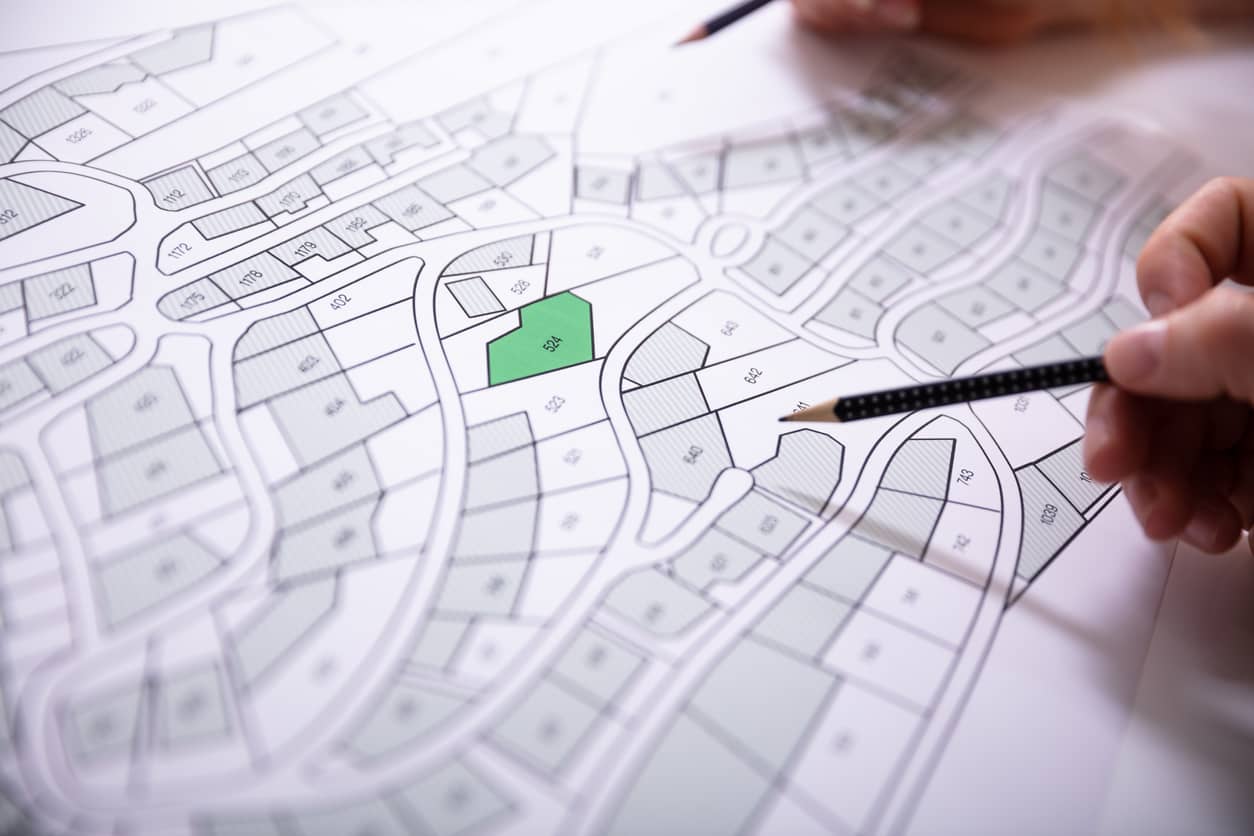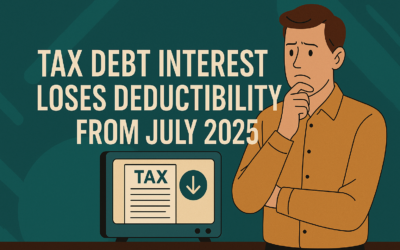There are many different ways to purchase property – and one of those ways actually involves committing to purchasing a property that doesn’t yet exist.
Buying real estate ‘off the plan’ means committing to purchasing a property that is still in the pre-construction or early construction phase, often long before a building or development project is completed. Many home owners and investors see buying off the plan as a good way to purchase a brand new property, however, just as with any investment, there are pros and cons to consider – so let’s have a look at them.
The benefits of purchasing property off the plan
- Lower Purchase Price
One of the main attractions of buying off the plan is the potential to secure the property at a lower price than it would be once construction is finished. Developers often offer discounts and incentives to early buyers which can result in significant savings. - Potential Capital Appreciation
In a rising property marketing, purchasing off the plan can be a smart investment strategy. As property values will likely increase during the construction period, buyers may benefit from capital appreciation ever before they’ve settled on the property. - Customisation Opportunities
This benefit particularly applies to home owners, but also provides investors with opportunities to boost their potential rental income. Purchasing off the plan often gives you the chance to customise certain aspects of the property, including selecting finishes, materials or layout preferences to suit their specific needs and tastes. - Delayed Payment
When purchasing off the plan, buyers typically pay a deposit upfront and the rest of the purchase price upon completion. This extended settlement period provides you with extra time to save or secure finance. - Stamp Duty Savings
As Stamp Duty is only payable on the land for off the plan purchases, you could be savings thousands of dollars on your purchase. - Deposit Options
Whilst most buyers pay cash to secure their deposit, purchasing off the plan provides you with other more flexible deposit options to consider, including Bank Guarantees and Deposit Bonds. It’s always best to check with your property consultant as to what method of payment the develop is happy to accept. - Tax Advantages
Being a new property, investors can claim depreciation which is a major tax incentive. This helps to reduce the ongoing costs of holding the property, allowing you to build a larger portfolio.
The disadvantages of purchasing property off the plan
- Uncertainty
One of the things that potentially buyers are often afraid of is the uncertainty of buying off the plan. As the property is yet to be constructed, buyers have to rely on floor plans, artist impressions and development promises as they’re not yet able to see the final product. - Construction Delays and Risks
Construction projects can face unexpected delays due to various factors, such as weather, planning permits, development applications or financial issues. These delays may result in buyers having to wait longer for the property’s construction, impacting their plans. - Market Fluctuations
Whilst a rising property market can bring capital appreciation, a declining market can have the opposite effect. If property values drop during the construction period, buyers may find themselves with a property worth less than they originally paid. - Changes in Financial Circumstances
A buyer’s financial situation may change between time of purchase and completion, as well as general economic circumstances. This can make it harder to secure financing or meet the financial requirements during settlement.
How can you mitigate risk and increase your chances of securing finance for your off the plan purchase?
As mentioned above, economic or personal circumstances may change between the time of purchase and completion, however, below is what we always recommend our clients do to ensure they can reduce risk and have the best chance of securing finance for their property:
- Increase your savings
This will help to cover any unlikely shortfalls - Do not apply for any lines of credit during this time
Don’t be tempted by credit card offers and avoid signing up for any additional lines of credit whilst waiting for your property to be completed. This could impact your borrowing capacity or credit rating. - Ensure all commitments are paid on time and up to date
No lender likes to see late or outstanding payments, so make sure you’re paying all commitments on time. - Don’t change employment
Some lenders can have issues with short term employment so it’s important that you chat to us should your employment change. - Maintain or reduce your living expenses
Increasing your lifestyle costs may reduce your borrowing capacity so it’s important to keep an eye on your budget.
What should you consider when purchasing off the plan?
We’ve talked about the pros and cons, but what things do you need to consider when purchasing off the plan?
- Research the developer
You want to make sure that you thoroughly research the developer’s reputation, track record and completed projects prior to committing to an off-the-plan purchase as this will give you an idea of their creditability and their quality of work. - Understand the Contract
Ensure you carefully review the purchase contract with the help of a legal professional. Pay close attention to clauses regarding potential changes in the property’s design, timeline and provisions for compensation in case of construction delays. - Finances
It’s important that you know what you assess your financial situation and consider the risks associated with the investment before committing. When working with Sanford Finance, we’ll sit down to work out your goals, discuss potential risks and action plans and discuss contingency plans in case of unforeseen circumstances to ensure you’re not jumping into anything you’re not prepared for. - Location and Market Analysis
Think about the location of the development and its potential for future growth. Consider things like the demand for similar properties in the area and evaluate the long term investment potential for the property.
What finance options are available during the construction phase?
Purchasing a property off the plan can be quite stressful and challenge even the best laid plans, however, our construction loans take a lot of stress out of the equation.
A construction loan most commonly has a progressive drawdown where you receive instalments of the loan at various stages of construction, rather than receive it all at once at the start.
This means that you generally only pay interest on the amount that is drawn down, as opposed to the entire loan amount.
A number of lenders also offer construction loans that are interest-only during the construction period, later reverting to a standard principal and interest loan once the build is complete.
Construction Loan Case Study:
Craig and Belinda are purchasing land for $300,000 in Adelaide and building a new home for $400,000 for a total value of $700,000. They are borrowing 95% or $665,000. Assuming an interest rate of 5.95%, the repayments required by Craig and Belinda during the build phase will look like this:
| Current Loan | Current Loan | Current Loan | Min. Monthly Repayment Required |
| Land Loan | Nil | $265,000 | $1,314 IO |
| Deposit 5% | $20,000 | $285,000 | $1,413 IO |
| Base 15% | $60,000 | $345,000 | $1,710 IO |
| Frame 20% | $80,000 | $425,000 | $2,107 IO |
| Enclosed 25% | $100,000 | $525,000 | $2,603 IO |
| Fixing 20% | $80,000 | $605,000 | $2,999 IO |
| Practical Completion 15% | $60,000 | $665,000 | $3,966 P&I |
| Totals | $400,000 | $665,000 |
In the above table we can see that the repayments steadily increase over time and are interest-only during the build phase. Once the final payment is made, a construction loan will generally convert to Principal and Interest repayments.
How do you get started?
Buying off the plan can be exciting and nerve wracking all at the same time, but we’re here to help. We’ve helped many clients secure their dream property or investment property off the plan and know what you should be looking for, what lenders are looking for and are here to help you navigate the off-the-plan market more confidently.
Ready to get started? Contact us today!




